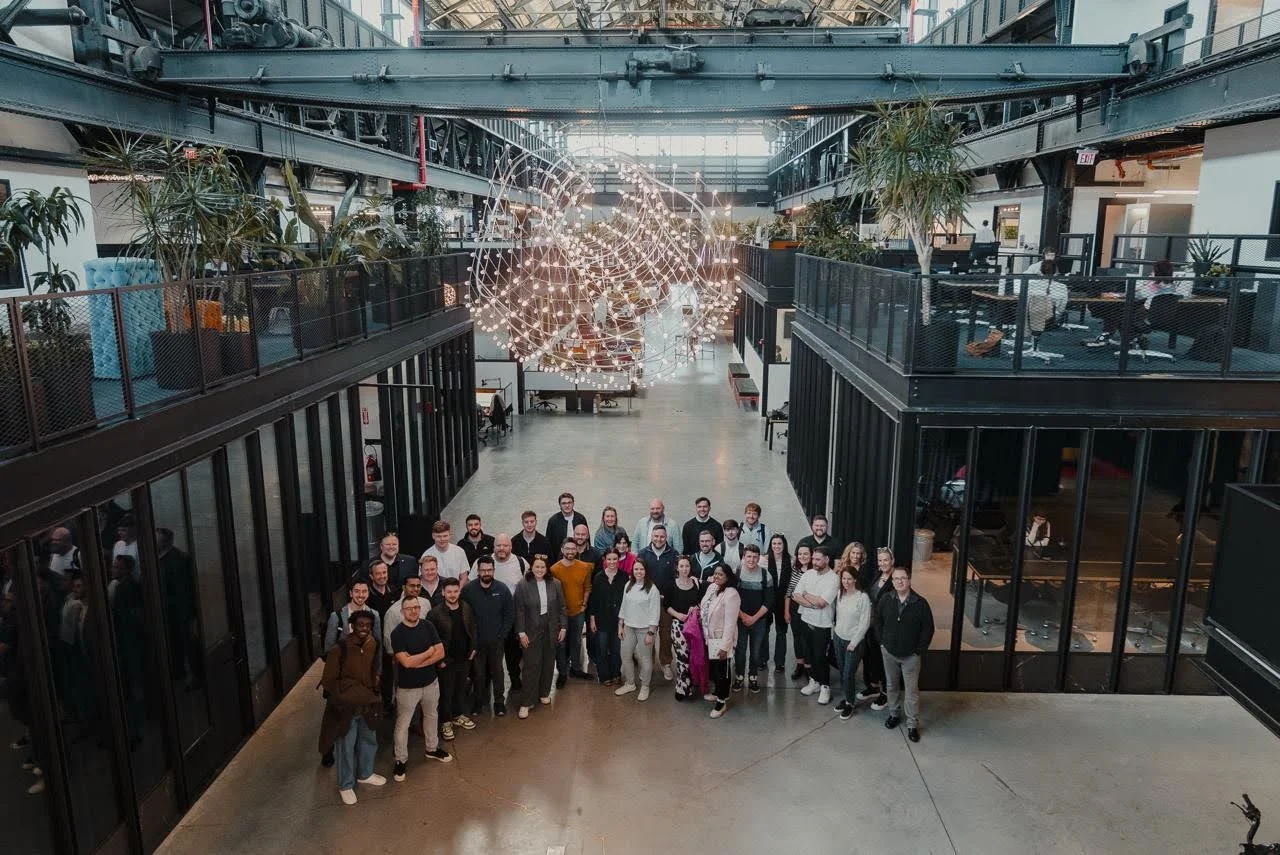Why Do You Get On The Plane?
Guest blog written by Joe Gorman, Programme Manager of Early-Stage Supports at NDRC
Ambitious startup founders from the island of Ireland in Brooklyn’s NewLab.
There is a longstanding tradition of ambitious people departing Ireland to seek their fortunes in the US. It’s something of a national habit. But whereas once the streets were reputedly paved with gold, now they’re wallpapered with term sheets, according to the early-stage tech founders that advocate a move to SF or NYC. Whether that’s true or not, you can be pretty sure that a visit to the tech scene in either city will generally make you think bigger. And raising ambition is something we try to do with every founder that we meet at NDRC.
Ireland is small, so if you’re a startup and you’re hungry for new customers, it usually doesn’t hurt to fish in bigger ponds. New York City has a significantly higher population than the island of Ireland, stuffed into an area half the size of Leitrim. That’s a good start. If you visit the city, you’ll also hear honest truths about entering the market that you won’t get via LinkedIn DMs. US investors usually aren’t interested in companies without a growing base of US customers. And yes, they expect you to jump through the various visa-shaped hoops, get on a plane and be there too, in the flesh, running day-to-day operations.
Impromptu public pitches outside Broad St. Subway Station, NY
That’s why we ended up with a group of NDRC founders in New York, tagging along with a large group from Founder Labs, an accelerator based in Ormeau Labs in Belfast, and Fierce, a women-only community of tech entrepreneurs based at Dogpatch Labs. The goal was to expose the group (numbering around fifty founders in total) to new ideas, perspectives, and, ideally, customers and investors.
There’s pretty much no way to do this gently, so the group was thrown into the deep end, pitching their startups on a plinth outside the New York Stock Exchange at 9am on St. Patrick’s Day, as bankers hurried to work and hungover tourists gathered in curiosity. As an icebreaker, it had the desired effect.
A whirlwind four-day stint included visits to Google, Activant Capital, NewLab in Brooklyn, and ERA, a seed-stage accelerator that has launched over 330 startups which have raised more than US $2 billion. We heard from Irish founders that have moved to the US to walk the walk, like Conor Lyden of Trustap and Oisin Hanrahan of Keychain. And we sprinkled in some focused, more technical sessions - setting up legal entities, investor expectations, and how to build a new network from scratch. It was a pretty full calendar.
Founders think differently in the US. In his fine 2008 essay ‘Cities and Ambition,’ Paul Graham opened by noting: “In a hundred subtle ways, (a great) city sends you a message: you could do more; you should try harder.” His thesis goes like this: Boston tells you you should be smarter. Silicon Valley says you should be more powerful. And New York insists that you make more money.
How did this track with our group of founders visiting the Big Apple? They were happy to traipse around the city clocking up 25,000 steps a day (or take the subway), surviving on dollar slices and bagels. If they lusted after the clothes in Fifth Avenue boutiques or garishly decorated lofts in TriBeCa, I didn’t notice. But the city does reconfigure your ideas about money.
Founders based in NYC (and across the US) are not satisfied with a ten million dollar exit that lets them sit on a beach and avoid Zoom calls for a few years. They want to create a category-defining company that will make them richer than God. They are not afraid to raise prices to levels that would make Irish founders’ eyes water and ask the customers to pay on the first date. They have the self-belief to think that an idea scrawled on the back of a napkin merits a healthy seed round.
(L-R) Lorraine Curham, NDRC interviews Oisin Hanrahan, Keychain Founder
When Oisin Hanrahan spoke about what business he would start next after selling Handy to Angie’s List for a nine-figure sum, he had a couple of ideas. One, he said, was a lifestyle business. Not interested. The other caught his interest for a while, but in terms of potential, it topped out at about $50-100 million in revenue per year. Again, this was small potatoes. Not interested.
There was an audible intake of breath in the room, the sound of fifty people realising that they needed to start thinking a lot bigger. You could feel the needle move.
Investors in New York City are surprisingly easy to reach, and happy to chat with you. There is much more competition to get into hot deals than in Europe. If your approach to generating deal flow resembles a grizzly bear waiting at the waterfall for a salmon to jump into your mouth, you’ll starve. You need to move faster.
This was the message we fed to the cohort before travelling, and it resonated. One of the startups in our group contacted an investor upon landing at JFK at the weekend, met them on Tuesday morning, and had a €200k term sheet in the inbox by lunchtime. Another founder met someone from a publicly listed tech company at an evening networking event, followed up with a meeting to explore collaboration opportunities two days later, and had signed them as a design partner by the following morning.
These stories were nice examples to use with our wider group, a nudge of motivation to build new bridges. But they are also proof of what happens when you expose yourself to a new, potentially uncomfortable environment, welcoming the possibility that it will help you grow. Bigger cities are hothouses for ambition. The lessons grew like weeds over the week-long visit: don’t be shy - closed mouths don’t get fed. Embrace our national habit of finding (and forging) connections, however slight. It’s a superpower in other countries. And of course, energy beats everything.
Seeing our group on the last day of the visit, you could feel something different from the giddy energy that we landed with a week before. The US market is the ultimate goal for European startups - the healthiest venture market in the world, limitless growth potential, four times more startup unicorns than any other country. If you get on a plane, you might just learn what it takes to crack it.



